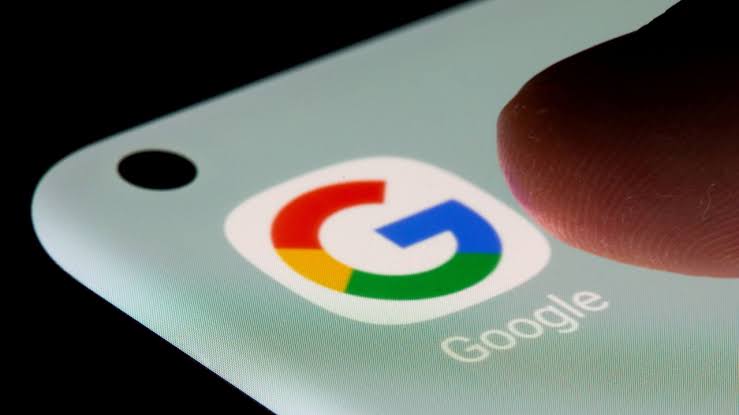The EU General Court on Wednesday upheld on a 2.4-billion-euro (2.8-billion-dollar) European Commission competition fine from 2017 against Google for abusing its market dominance by promoting its own shopping service.
Dismissing the U.S. tech giant’s appeal, the European Union’s second highest court backed the conclusions drawn by the EU executive branch.
The Luxembourg-based judges found Google had favoured “its own comparison shopping service over competing services,’’ an official court press release stated.
Wednesday’s ruling was a boost for EU ambitions to rein in Google’s market dominance and can still be challenged at the bloc’s highest court, the European Court of Justice.
Google said the case related to “a very specific set of facts’’ and that it had complied with the commission decision in 2017, changing the way its service worked.
It was now reviewing the EU General Court’s verdict, Google spokesperson Emily Clarke said.
The commission began formally probing Google Shopping in 2010, following a number of complaints by European and U.S. competitors that the company had breached EU antitrust rules.
After years of investigation, the commission concluded in 2017 that Google had systematically given preferential placement to its own shopping service and demoted rivals in search results.
The fine was the first of three anti-trust penalties slapped on Google by the commission in recent years, totalling more than 8 billion euros.
The European Consumer Organisation (BEUC) welcomed the new ruling.
BEUC director Monique Goyens said “Google’s misleading and unfair practices harmed millions of European consumers by ensuring that rival comparison shopping services were virtually invisible.’’
The new legal victory brings fresh impetus to European Competition Commissioner Margrethe Vestager’s attempts to regulate Google’s activities in the EU single market.
The EU has a touchy relationship with the U.S. dominated global technology industry.
The bloc’s executive has pushed back against what it views as data privacy violations, anti-competitive practices and sweetheart tax deals.
Vestager in particular has gone after Google, Amazon, Facebook and Apple, opening a string of investigations in recent years.
A number of these have fallen flat when challenged in EU courts.
In 2020, the EU General Court threw out a 13-billion-euro tax bill handed to Apple. Wednesday’s decision is therefore likely a relief for Vestager.








